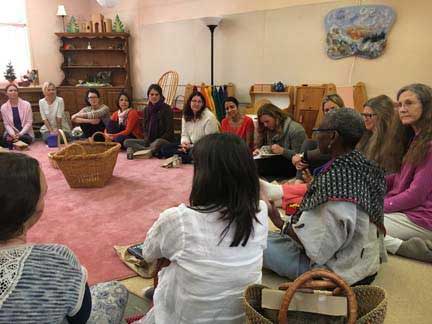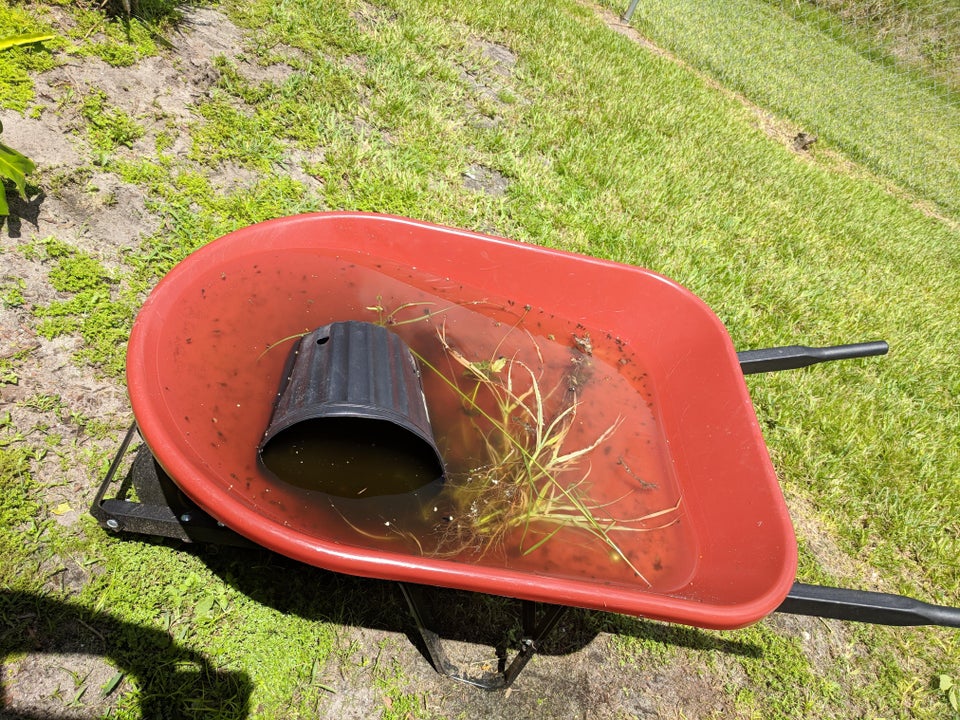July 4, 2021
We have to create miracles. A miracle is not the intercession of an external divine agency in violation of the laws of physics. A miracle is simply something that is impossible from an old story but possible from within a new one. It is an expansion of what is possible.
— Charles Eisenstein

During afternoon sessions of my online Renewal course this week, I have been listening to conversations with Dr. Cherie and Petna Ndaliko, from Yole! Africa and Yole Institute about Decomposing the Colonial Gaze. They hold foundation courses of the same name as an interactive introduction to the life practice of learning to see the world in this (new) way. They also run Uzuri Sanctuary, an educational biodynamic farm, and a film production company, Alkebu Film Productions. These conversations have been inspiring and challenging but also reassuring.
As I have dug into examining implicit racism over the course of the year, I have sometimes unexpectedly found myself feeling sharply separated from others. I consider this may be a normal, albeit uncomfortable, part of the process of opening up more deeply to the experience of another. In reflecting on where I fall short of empathizing with, respecting and empowering another person, I have to know what exactly has differed in our life experiences. For example, I have to elucidate when and why I have been in a place of privilege, and when and how it has been at another’s expense. These reasons are contained in a complex, multilayered structure of history and culture that reside at large and within my individual life. It is a process of dissection and analysis, which is, in essence, separation.
What is strikingly most profound about the work of the Ndaliko’s is that they seem to be integrating this process into a simultaneous building up of commonalities within the human experience through a foundation of Story.
Storytelling as a Way to Connect
Stories share a root in universal human experiences. No matter our culture or background, we grow together hearing stories of joy and sorrow, adversity and growth, because we all relate. The Ndaliko’s also reminded us of what a powerful tool storytelling is for transforming experiences of injustice and in helping our children to process these dark realities. And in setting the stage for processing life through this modality, every day, every experience, every word must be recognized as a story.

Cherie shared with us the story of a small yet magical recent occurrence. The night after some rainfall, their family discovered that a mass of frog eggs was laid in their wheelbarrow.Their children marveled at what they were. How did the mama frog get into the barrow? How did she get out, and why did she lay them there? They affixed a screen over the barrow to protect them from crows and spent days observing with wonder their activity and transformation.
Even as simple as it was, in recounting with their children what was happening, Cherie and Petna brought awareness of how it was a living story. Every day walking out to see if the eggs had hatched, or if the polliwogs had lost their tails was an addition to the story. Every day, everywhere, we all are living stories like this. Recalling events and sharing in the experiences again and again, we build our awareness of it.
We are each a living narrative in an individual context. Where I was born, what I was born into and why separates me and my story from another’s. Yet, there will always be these universal human experiences that intricately weave us together into a singular, larger narrative. As we live, every day, we decide how the story continues.
